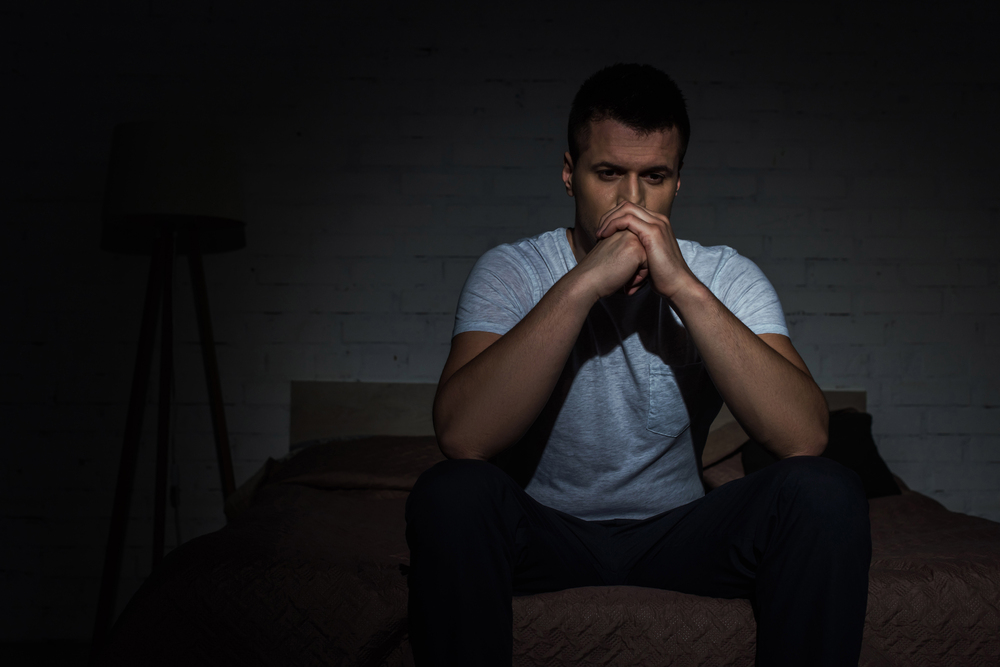If you are struggling with suicidal feelings, call the National Suicide Prevention Lifeline at 800-273-TALK (800-273-8255) to reach a trained counselor.
 Losing a loved one is never easy. Many people experience normal grief with a period of sadness, numbness, guilt, and anger. These feelings gradually subside and it is possible to accept the loss and move forward. Some people affected by the loss of a loved one encounter feelings of grief that are debilitating and does not improve with time.
Losing a loved one is never easy. Many people experience normal grief with a period of sadness, numbness, guilt, and anger. These feelings gradually subside and it is possible to accept the loss and move forward. Some people affected by the loss of a loved one encounter feelings of grief that are debilitating and does not improve with time.
According to the Mayo Clinic, this is known as complicated grief and is sometimes referred to as persistent complex bereavement disorder. “In complicated grief, painful emotions are so long lasting and severe that you have trouble recovering from the loss and resuming your own life.” Complicated grief keeps you in a constant, heightened state of mourning and makes healing difficult.
Complicated grief affects every aspect of your life. Even though complicated grief is not recognized as a mental health disorder, some people meet the criteria for major depressive disorder, post-traumatic stress disorder (PTSD), and general anxiety disorder. If left untreated, some individuals turn to drugs or alcohol to cope. Mental health disorders often co-occur with substance abuse and addiction.
According to the Substance Abuse and Mental Health Services Administration, every person who experiences a death or loss must complete a four-step grieving process:
- Accept the loss
- Work through and feel the physical and emotional pain of grief
- Adjust to living in a world without the person or item lost
- Move on with life. The grieving process is over only when a person completes the four steps
“Bereaved individuals who have experienced an unexpected or violent death of a loved one may be at greater risk for suffering from major depression, PTSD, or complicated grief,” according to an article by Roxanne Dryden-Edwards, MD for MedicineNet. People who suffer from mental health disorders may turn to substances as a way to self-medicate. Using drugs or alcohol to cope can develop into substance abuse disorder or addiction.
Depression, PTSD, and anxiety can manifest into addiction. If you or a loved one is struggling with a mental health condition and substance abuse or addiction, get help now. Cypress Lake Recovery treats addiction with co-occurring mental health disorders as a dual diagnosis. Do not suffer in silence any more.
Cypress Lake Recovery offers treatment for addiction in a peaceful, remote, oxygen-rich environment. The program encompasses holistic addiction therapy for the mind, body, and soul. The focus is on physical, mental, and emotional well-being by generating the balance of life-enriching treatment, wellness, and healthy, sober, sustainable relationships. Call us to get started: 409-331-2204

